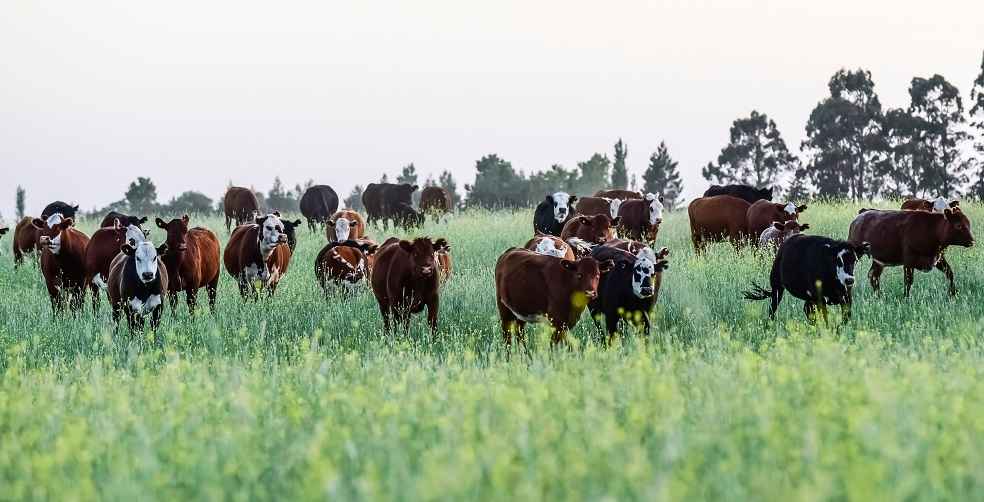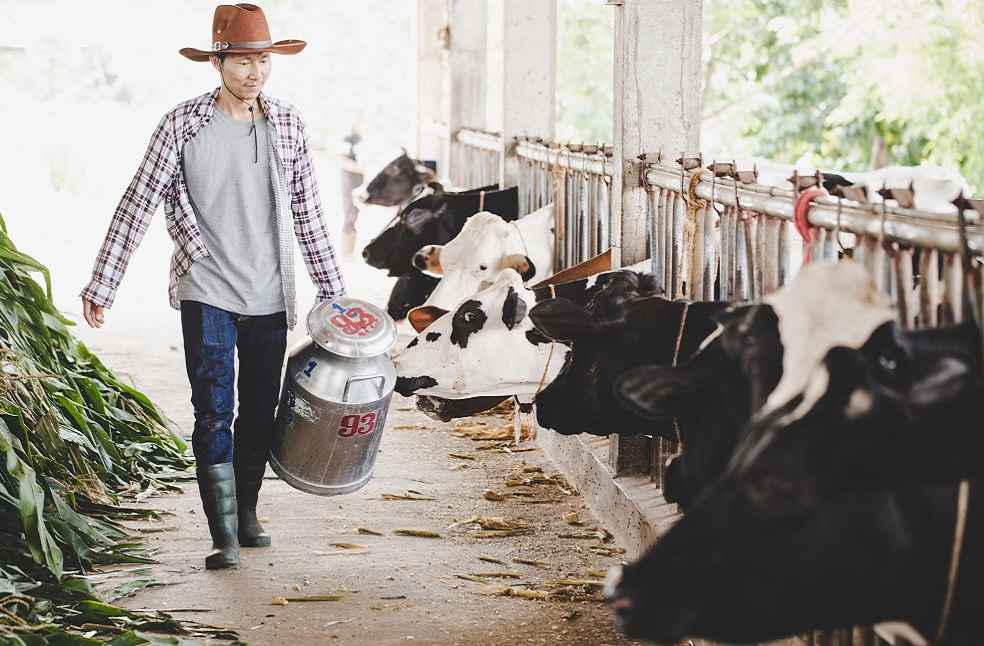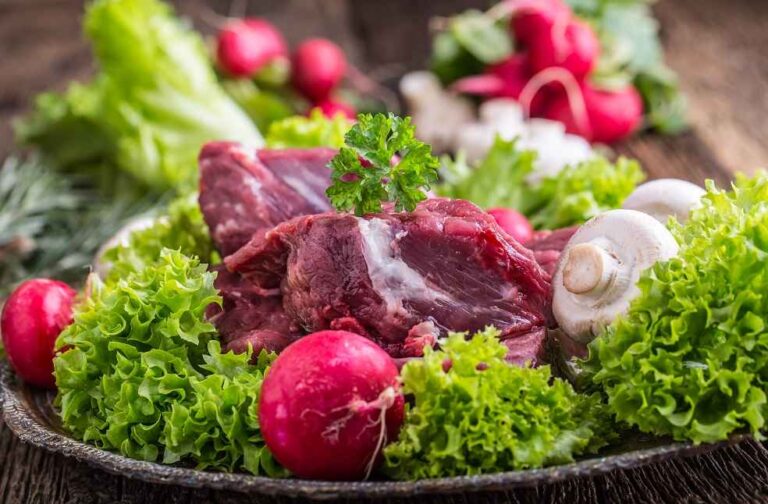The global organic meat market, valued at USD 26.59 billion in 2023, is projected to grow significantly, reaching USD 51.04 billion by 2032, with a compound annual growth rate (CAGR) of 7.5% during the forecast period. This surge is driven by increased consumer awareness about health, sustainability, and ethical farming practices.
Healthier, Sustainable Choice
The demand for organic beef, in particular, has experienced remarkable growth in recent years. As consumers become more health-conscious, they are increasingly opting for foods that are produced sustainably and without harmful chemicals.
Organic beef, sourced from cattle raised in natural environments and without the use of hormones or antibiotics, is an attractive choice. These cattle are fed organic feed, ensuring that the beef is rich in nutrients and free of hazardous additives.

Other types of organic meat, such as organic chicken and organic pork, are also gaining popularity. Organic chicken, raised in free-range settings with access to organic feed, is known for its juicy, flavorful meat. Similarly, organic pork from pigs raised on organic farms with access to natural food sources and open spaces is becoming a top choice for consumers seeking ethically produced meat.
COVID-19 Impact
The COVID-19 pandemic has played a significant role in driving the demand for organic meat. The health crisis prompted many consumers to reconsider their food choices, leading to a clear shift toward premium, organic products.
This change in consumer behavior has accelerated market growth, with organic beef sales witnessing a sharp increase as people prioritized health and sustainable food sources.
“The pandemic has served as a catalyst, encouraging consumers to prioritize their health and seek out organic products,” said an industry expert. “The surge in demand has provided organic beef producers with an exciting opportunity to meet rising consumer needs while also contributing positively to environmental sustainability.”
Factors Driving Market Expansion

Several factors are propelling the growth of the organic meat market:
- Health Benefits:
Organic meat is perceived as a healthier alternative to conventionally raised meat, as it is free from harmful chemicals, antibiotics, and hormones. - Sustainability and Ethics:
Consumer preferences are shifting toward more sustainable and ethical food choices. As awareness grows about the environmental and health impacts of conventional farming practices, the demand for organic products is increasing. Many consumers are willing to pay a premium for organic meat, which supports ethical farming methods and promotes animal welfare.
Challenges Facing
Despite the growth potential, the organic meat market faces several challenges:
- Higher Costs:
The production of organic meat requires more stringent farming practices and certification processes, which can increase costs. - Limited Availability:
Organic meat availability is often limited due to these strict production methods, which can lead to supply shortages and limited product offerings.
However, the market continues to grow, driven by rising consumer demand for healthier and more environmentally friendly food options.
Regional Market Insights
North America is expected to dominate the global organic meat market between 2022 and 2032. Factors driving growth in this region include increased awareness of healthy and sustainable food choices and a shift in consumer preferences toward organic products. The growing popularity of organic beef, in particular, has significantly contributed to the region’s market share.

Key Industry Players
The competitive landscape of the organic meat market is shaped by strategic partnerships, product innovations, and mergers and acquisitions. Key industry players are collaborating with other companies to strengthen their market positions and expand their product portfolios.
Prominent companies in the organic meat sector include Tyson Foods (U.S.), Tönnies (Germany), JBS (U.S.), Perdue Farms (U.S.), Organic Prairie (U.S.), Danish Crown (Denmark), Strauss Brands (U.S.), Meyer Natural Foods (U.S.), Australian Organic Meats (Australia), OBE Organic (Australia), Blackwood Valley Beef (Australia), Rastelli Foods Group (U.S.), Verde Farms (U.S.), Arcadian Organics (Australia), Eversfield Organic (U.K.), Black River Meats (U.S.), and Greensbury (U.S.).
As the global organic meat market continues to grow, driven by increasing demand for healthier and more sustainable food, challenges such as higher costs and limited availability remain. However, the market is set for continued expansion through 2032, presenting significant opportunities for both producers and consumers to embrace a more sustainable food system. For more information, visit Business Research Insights.
POLICY & LAW | China Begins Safeguard Investigation into Imported Beef



